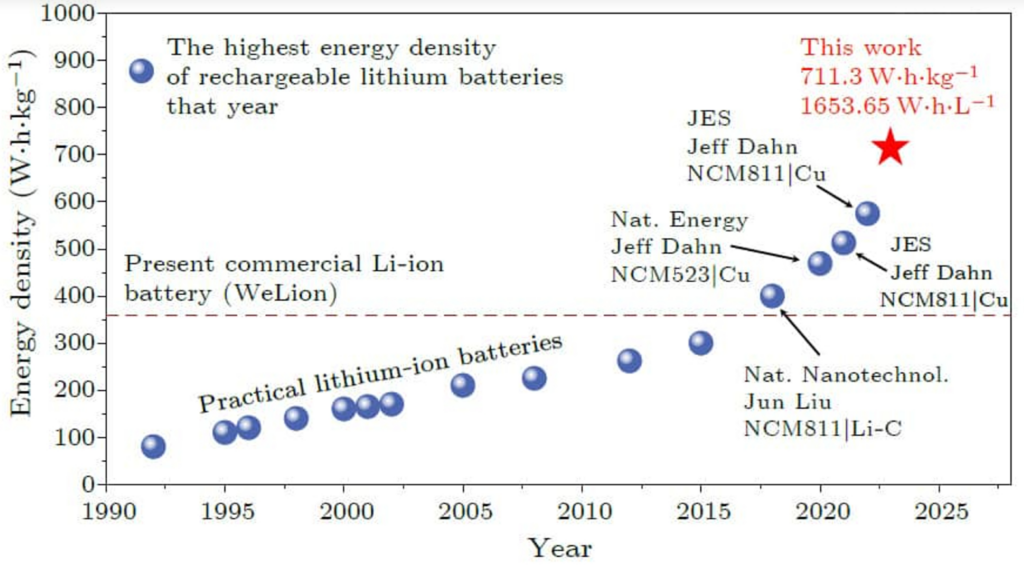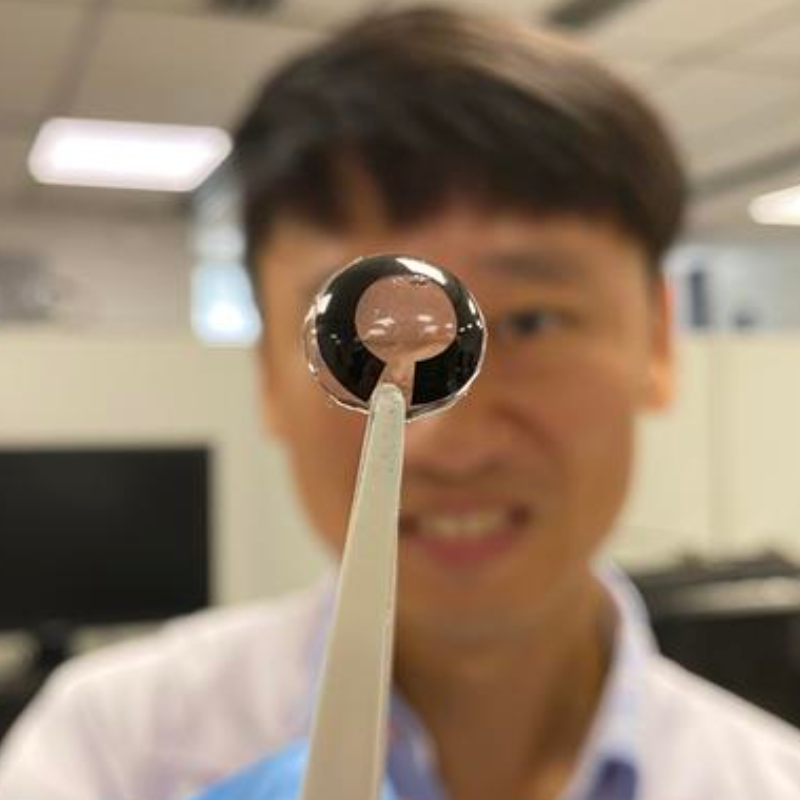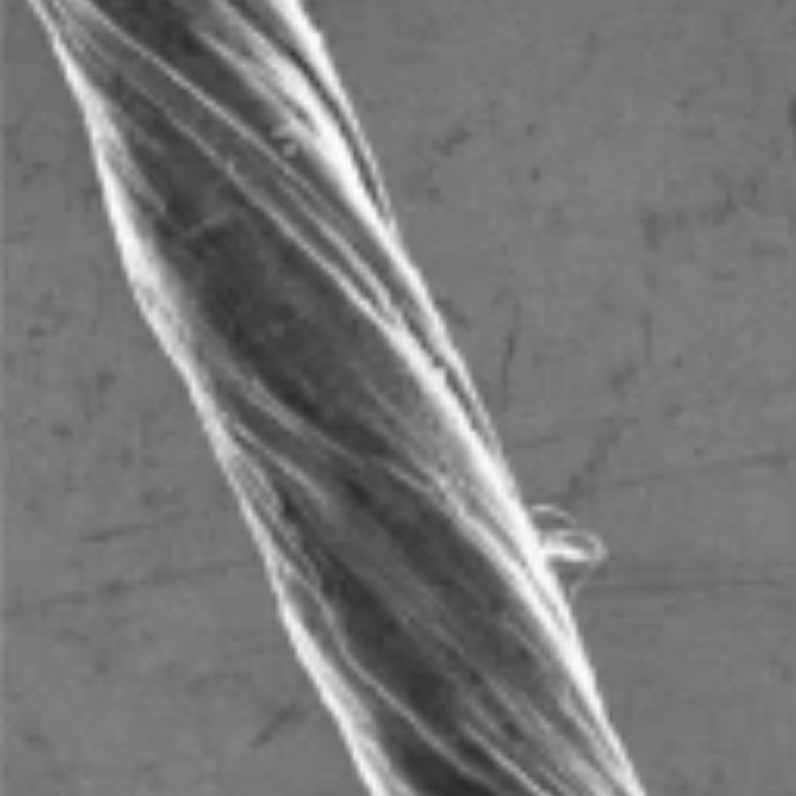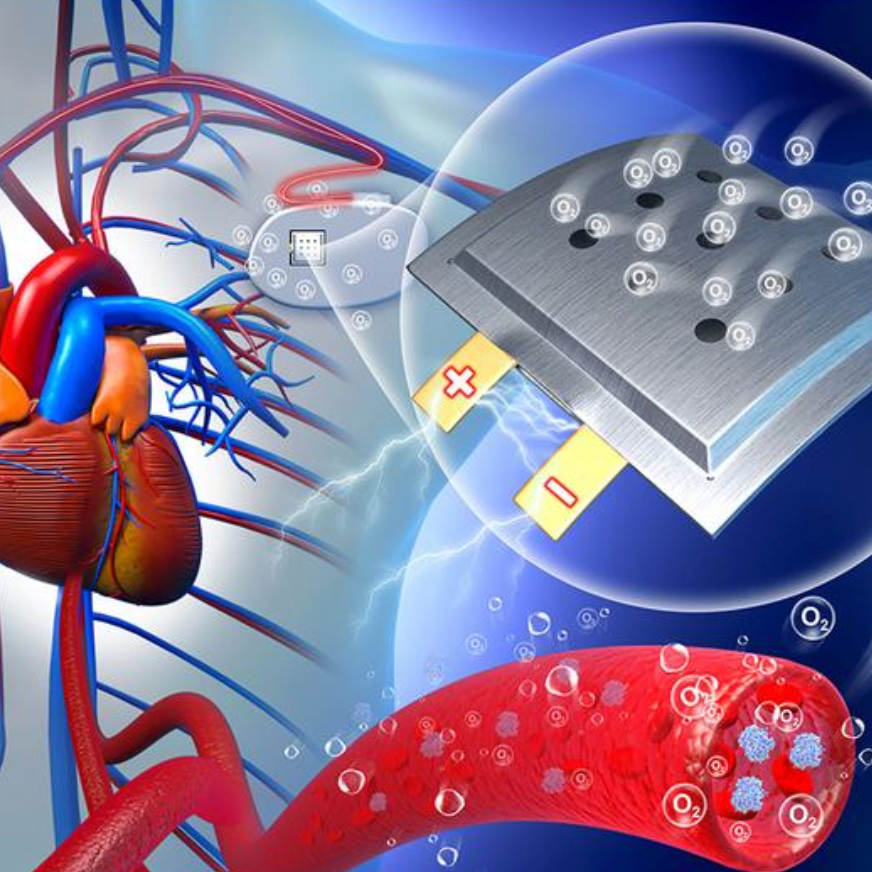Researchers in China achieve lithium battery breakthrough: 711.3 Watt-hours per kilogram
Jun. 28, 2023.
2 min. read
6 Interactions
May lead to longer-range electric vehicles and more hours of battery charge for phones and laptops
Researchers at the Chinese Academy of Sciences have packed 711.3 Watt-hours per kilogram of energy in a single lithium battery pack—setting a new record for lithium battery “energy density” (the amount of energy stored in a system or region of space per unit time and either unit weight or unit volume).
Major developments with higher energy densities
Higher energy densities increase the power available in electric vehicles, extending their range or payload capacities. And for personal devices like phones and laptops, higher energy densities increase the number of hours for a given battery charge.
Current advanced practical lithium-ion batteries have an energy density of about 300 Watt-hours per kilogram, and a volumetric energy density of 1653.65 Watt-hours per liter, the researchers explain.
“Continuing to increase the energy density of batteries to a higher level could lead to a major explosion development in some fields, such as electric aviation,” according to the researchers.
This diagram by the researchers puts the achievement (in red) in context:

“The new design comprises a high-capacity lithium-rich manganese-based cathode and a thin lithium metal anode with high specific energy,” says Isabelle Dumé in Physics World, published by IOP Publishing, co-publisher of the paper with the Chinese Physical Society. “If developed further, the device could find use in applications such as electric aviation, which requires much higher energy density batteries than those available today.”
Safety issues
However, “the researchers, who report their work in Chinese Physics Letters, explain that a trade-off always exists between the energy density, cycle performance, rate capability and safety of lithium-ion batteries,” Dumé notes.
“Safety is a primary requirement, but elevated energy density will increase the risks during battery operation, [the researchers] say. ‘Energy density must be gradually improved while ensuring safety,’ says first author Quan Li. ‘Our goal is to enhance battery safety performance through solid-state battery technology, making high-energy density batteries more practical.’”
Citation: Quan Li et al 2023 Chinese Phys. Lett. A Time-Dependent-Density-Functional-Theory Study of Charge Transfer Processes of Li2+ Colliding with Ar in the MeV Region. A 700 W⋅h⋅kg−1 Rechargeable Pouch Type Lithium Battery. Chinese Physics Letters, Volume 40, Number 4. © 2023 Chinese Physical Society and IOP Publishing Ltd. DOI: 40 048201DOI 10.1088/0256-307X/40/4/048201
Let us know your thoughts! Sign up for a Mindplex account now, join our Telegram, or follow us on Twitter.

.png)

.png)


.png)








0 Comments
0 thoughts on “Researchers in China achieve lithium battery breakthrough: 711.3 Watt-hours per kilogram”